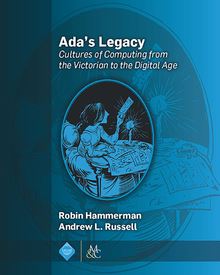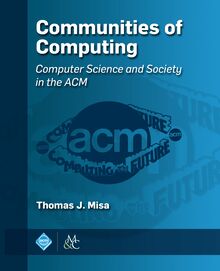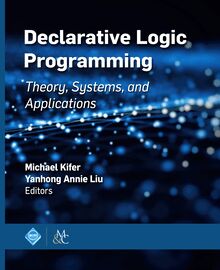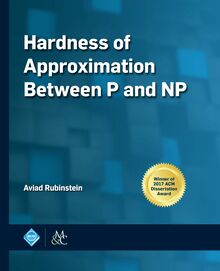-
 Univers
Univers
-
 Ebooks
Ebooks
-
 Livres audio
Livres audio
-
 Presse
Presse
-
 Podcasts
Podcasts
-
 BD
BD
-
 Documents
Documents
-
- Cours
- Révisions
- Ressources pédagogiques
- Sciences de l’éducation
- Manuels scolaires
- Langues
- Travaux de classe
- Annales de BEP
- Etudes supérieures
- Maternelle et primaire
- Fiches de lecture
- Orientation scolaire
- Méthodologie
- Corrigés de devoir
- Annales d’examens et concours
- Annales du bac
- Annales du brevet
- Rapports de stage
La lecture à portée de main
Découvre YouScribe en t'inscrivant gratuitement
Je m'inscrisThe Handbook on Socially Interactive Agents , livre ebook
Découvre YouScribe en t'inscrivant gratuitement
Je m'inscrisEn savoir plus
En savoir plus

Description
The Handbook on Socially Interactive Agents provides a comprehensive overview of the research fields of Embodied Conversational Agents, Intelligent Virtual Agents, and Social Robotics. Socially Interactive Agents (SIAs), whether virtually or physically embodied, are autonomous agents that are able to perceive an environment including people or other agents, reason, decide how to interact, and express attitudes such as emotions, engagement, or empathy. They are capable of interacting with people and one another in a socially intelligent manner using multimodal communicative behaviors, with the goal to support humans in various domains.
Written by international experts in their respective fields, the book summarizes research in the many important research communities pertinent for SIAs, while discussing current challenges and future directions. The handbook provides easy access to modeling and studying SIAs for researchers and students, and aims at further bridging the gap between the research communities involved.
In two volumes, the book clearly structures the vast body of research. The first volume starts by introducing what is involved in SIAs research, in particular research methodologies and ethical implications of developing SIAs. It further examines research on appearance and behavior, focusing on multimodality. Finally, social cognition for SIAs is investigated using different theoretical models and phenomena such as theory of mind or pro-sociality. The second volume starts with perspectives on interaction, examined from different angles such as interaction in social space, group interaction, or long-term interaction. It also includes an extensive overview summarizing research and systems of human–agent platforms and of some of the major application areas of SIAs such as education, aging support, autism, and games.
Sujets
Informations
| Publié par | Association for Computing Machinery and Morgan & Claypool Publishers |
| Date de parution | 17 septembre 2021 |
| Nombre de lectures | 0 |
| EAN13 | 9781450387231 |
| Langue | English |
| Poids de l'ouvrage | 81 Mo |
Informations légales : prix de location à la page 0,2398€. Cette information est donnée uniquement à titre indicatif conformément à la législation en vigueur.
Extrait
-
 Univers
Univers
-
 Ebooks
Ebooks
-
 Livres audio
Livres audio
-
 Presse
Presse
-
 Podcasts
Podcasts
-
 BD
BD
-
 Documents
Documents
-
Jeunesse
-
Littérature
-
Ressources professionnelles
-
Santé et bien-être
-
Savoirs
-
Education
-
Loisirs et hobbies
-
Art, musique et cinéma
-
Actualité et débat de société
-
Jeunesse
-
Littérature
-
Ressources professionnelles
-
Santé et bien-être
-
Savoirs
-
Education
-
Loisirs et hobbies
-
Art, musique et cinéma
-
Actualité et débat de société
-
Actualités
-
Lifestyle
-
Presse jeunesse
-
Presse professionnelle
-
Pratique
-
Presse sportive
-
Presse internationale
-
Culture & Médias
-
Action et Aventures
-
Science-fiction et Fantasy
-
Société
-
Jeunesse
-
Littérature
-
Ressources professionnelles
-
Santé et bien-être
-
Savoirs
-
Education
-
Loisirs et hobbies
-
Art, musique et cinéma
-
Actualité et débat de société
- Cours
- Révisions
- Ressources pédagogiques
- Sciences de l’éducation
- Manuels scolaires
- Langues
- Travaux de classe
- Annales de BEP
- Etudes supérieures
- Maternelle et primaire
- Fiches de lecture
- Orientation scolaire
- Méthodologie
- Corrigés de devoir
- Annales d’examens et concours
- Annales du bac
- Annales du brevet
- Rapports de stage




















